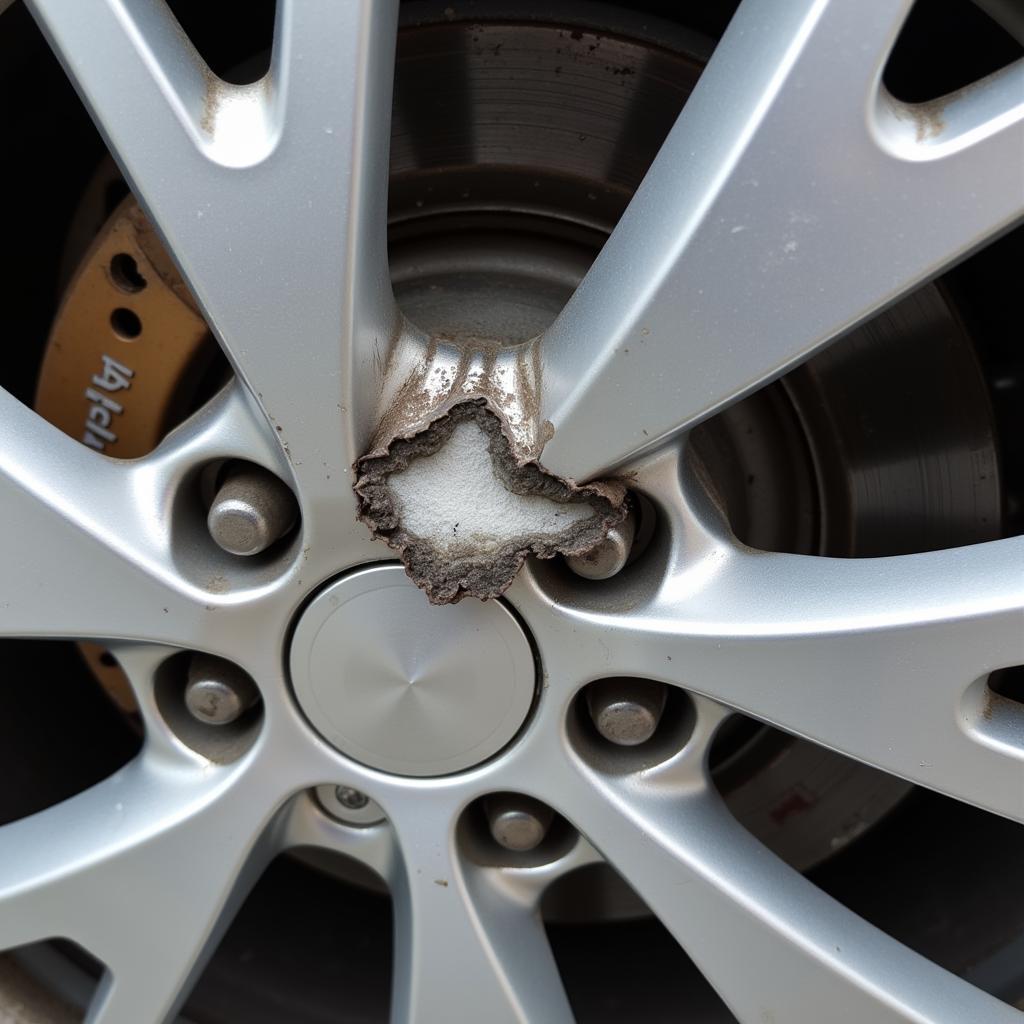Experiencing hard shifts in your car can be alarming, but it doesn’t always point to a major transmission issue. Often, the culprit lies elsewhere. This article will guide you through the potential causes and solutions for hard shifting when your transmission seems fine.
If your car has trouble starting after sitting overnight, this issue might also be connected to the hard shifting. Let’s dive into the reasons why your Car Shifts Hard But No Transmission Problems are detected.
Common Causes of Hard Shifting (Without Transmission Damage)
Hard shifting can stem from various issues outside of the transmission itself. These can range from simple maintenance oversights to more complex mechanical problems.
Low Transmission Fluid
One of the most common reasons for hard shifting is low transmission fluid. The fluid acts as a lubricant and hydraulic medium, and insufficient levels can cause friction and difficulty in gear changes. Check your transmission fluid level and top it off if necessary. If the fluid is dirty or smells burnt, a complete fluid change is recommended.
Incorrect Transmission Fluid
Using the wrong type of transmission fluid can also lead to hard shifts. Consult your car’s owner’s manual for the correct fluid specification. Using an incompatible fluid can alter the fluid’s viscosity and affect the transmission’s performance.
Shift Linkage Issues
A worn or damaged shift linkage can make it difficult for the transmission to engage gears properly. This can manifest as hard shifting, especially when moving between specific gears. Inspect the linkage for wear, damage, or loose connections.
Vacuum Leaks
Vacuum leaks can disrupt the proper functioning of various systems, including those related to shifting. A leak can affect the vacuum modulator, which controls shift timing and firmness. Check for vacuum leaks using a vacuum gauge or by listening for hissing sounds.
Engine Performance Problems
Sometimes, hard shifting can be a symptom of an underlying engine problem. Issues such as misfires, low compression, or a faulty throttle position sensor can impact the engine’s performance and, consequently, the shifting process. Addressing the engine problem often resolves the hard shifting issue.
If you find your car has problems starting in the morning, check for engine problems as well. This could indicate a connection between starting issues and hard shifting.
Clutch Problems (Manual Transmissions)
If you’re driving a manual transmission car and experiencing hard shifts, a worn or malfunctioning clutch can also create resistance. The car having problem starting cold weather might also be accompanied by a stiff clutch pedal, indicating a potential problem. If you notice issues starting your car, particularly in cold weather, the clutch might be a culprit.
Diagnosing and Fixing Hard Shifting
Diagnosing the root cause of hard shifting requires a systematic approach. Start by checking the simpler possibilities like fluid levels and then move towards more complex checks like vacuum leaks and engine performance.
“Regular maintenance is key to preventing many shifting issues,” says automotive expert, Robert Johnson. “Keeping your transmission fluid clean and at the proper level is a simple yet effective way to ensure smooth shifting.”
Conclusion
Hard shifting can be a nuisance, but it doesn’t necessarily mean a costly transmission repair. By understanding the potential causes and following a systematic diagnostic approach, you can often resolve the issue without major interventions. If your car shifts hard but no transmission problems are apparent, explore the possibilities outlined in this article. Don’t hesitate to reach out to us at Autotippro for professional assistance.
Need help with your car? Contact AutoTipPro at +1 (641) 206-8880. Our office is located at 500 N St Mary’s St, San Antonio, TX 78205, United States.
“Remember,” adds Johnson, “a proper diagnosis is crucial before attempting any repairs. A misdiagnosis can lead to unnecessary expenses and further damage.” If your car has problem starting and check engine light is on, it’s essential to address the underlying issue promptly. Similarly, if your car has problem starting after using the radio, it may indicate a more complex electrical issue.





Leave a Reply